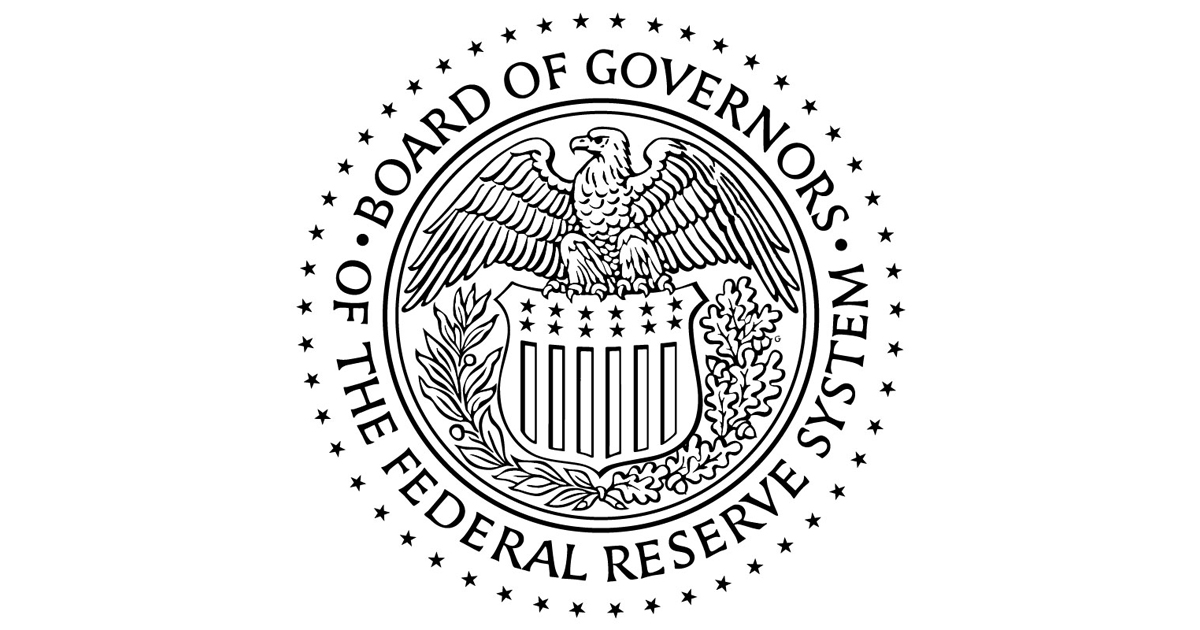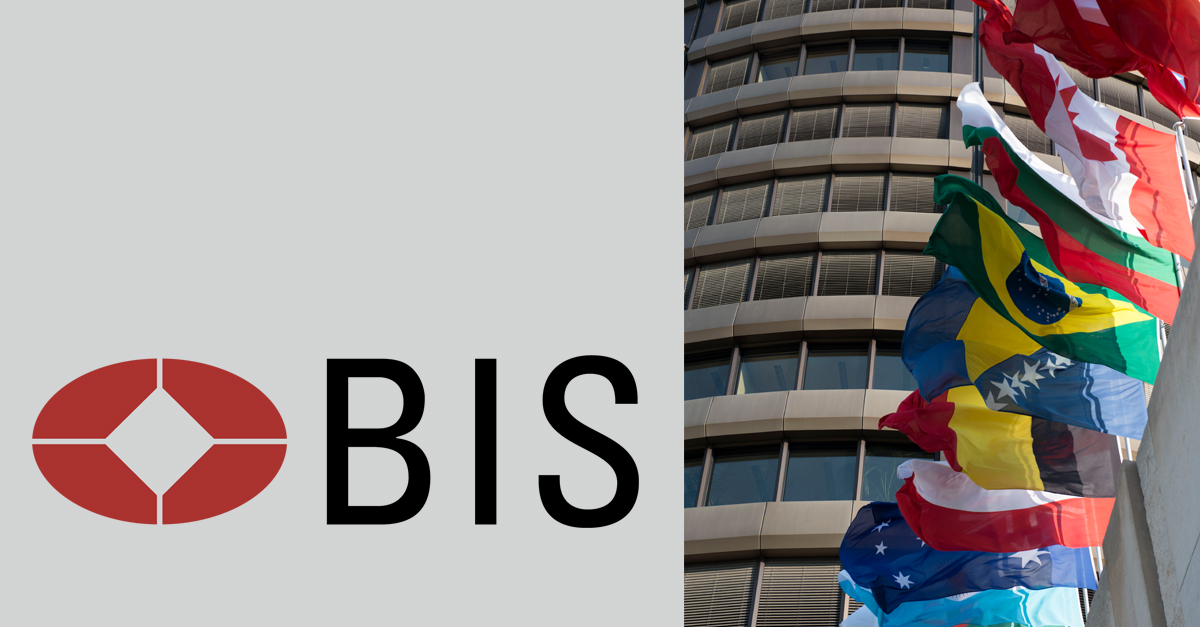A Wall Street economist says the Federal Reserve is losing its power to influence the U.S. economy.
If he’s right, then it means the central bank will likely need to hike interest rates much higher than it otherwise would have, potentially sparking another selloff in stocks and bonds.
In a note shared with clients last week, Nomura Research Institute Chief Economist Richard Koo challenged the notion that the U.S. economy’s resilience in the face of the Fed’s most aggressive interest-rate hikes in four decades is partly the result of the lagged effects of monetary policy that Federal Reserve Chairman Jerome Powell cited once again during his speech from Jackson Hole on Friday.
...
While inflation has fallen since the summer of 2022, the U.S. economy has remained surprisingly resilient. According to Koo, this isn’t an accident, but a symptom of how the Fed’s pre-pandemic era policies have permanently changed the U.S. financial system.
He argued that an explosion of bank reserves built up during the era of easy money has helped to insulate the financial system from the effects of the Fed’s policies which have “lost some of [their] potency” as a result. Reserve balances have exploded since the collapse of Lehman Brothers in September 2008, according to weekly data from the Federal Reserve.
Here’s how Koo described this dynamic in his note.
“Central bank monetary policy ordinarily relies on two tools: interest rate control and the supply of liquidity. As I have noted previously in this report, then-Fed Chairman Paul Volcker’s effort to stamp out inflation starting in October 1979 succeeded because he restrained the supply of liquidity.”
“U.S. banks had almost no excess reserves at the time, and when the Volcker Fed reduced the supply of those reserves, they rushed en masse to secure reserves. This sent the federal funds rate soaring to 22%, weakening the economy and stabilizing inflation.”
“Today, however, the prolonged application of QE has left the US with excess reserves of some $3 trillion, or 1,600 times the amount that existed prior to Lehman Brothers’ failure.”
“This means the Fed no longer has the option of tightening by reducing the supply of liquidity. The only way to tighten policy is to raise interest rates.”
Data from the Federal Reserve Bank of St. Louis showed bank reserves parked at Fed branches stood at just under $3.2 trillion as of Aug. 23. New data are released weekly. By comparison, reserves amounted to $5.7 billion in December 2007.
According to Koo, the upshot of this is that if the Fed wants to materially slow the U.S. economy to drive inflation back to its 2% target, then interest rates will need to be raised high enough that borrowers balk.
“Under such circumstances, the monetary authorities cannot expect tightening to work unless they discourage borrowers by raising rates far higher than they normally would,” Koo said.
Koo, based in Tokyo, has studied balance-sheet recessions in the wake of the 2008 financial crisis and before joining Nomura, worked at the New York Federal Reserve earlier in his career.
The Fed's monetary policy has lost some of its potency and interest rates may need to rise much higher as a result, economist says
A Wall Street economist says the Federal Reserve is losing its power to influence the U.S. economy.

















